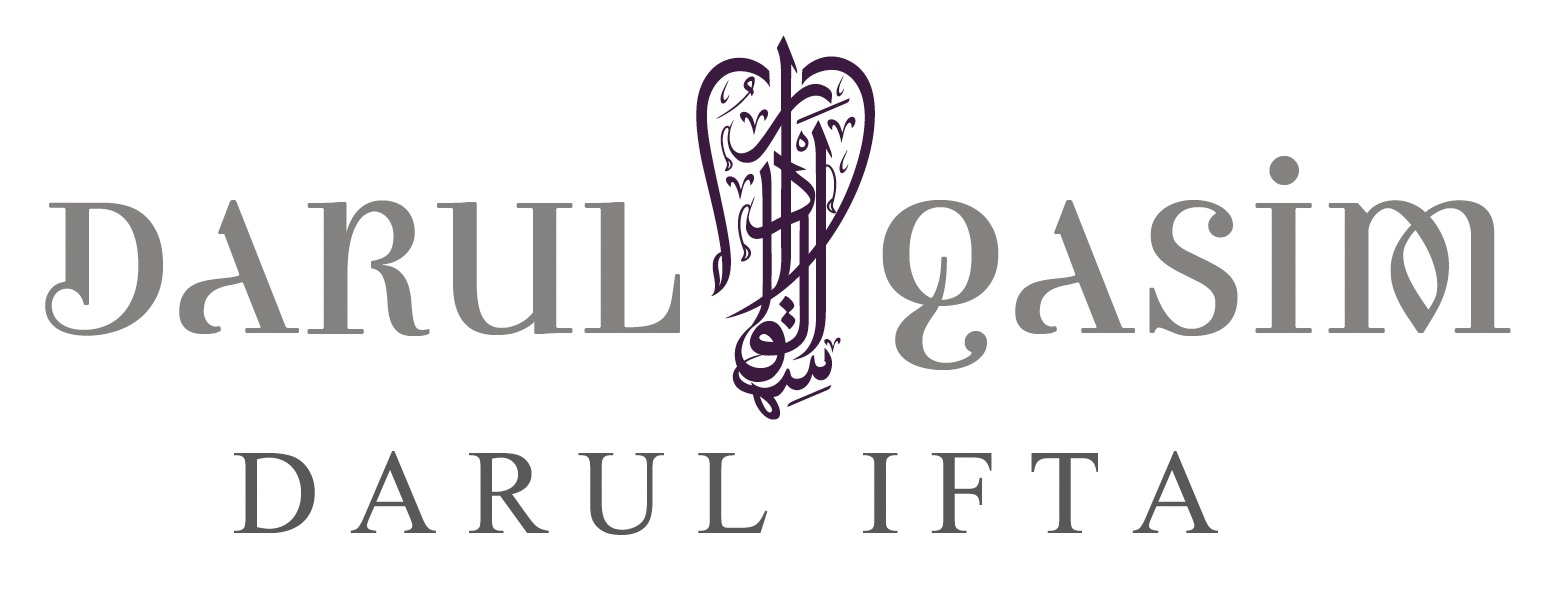Using Toothpaste and Chewing Gum in Iḥrām
Question
Is using toothpaste or gum a violation of ihram?
Answer
In the name of Allah, The Most Gracious, The Most Merciful.
Your question deals with two types of scented products: “personal care products” and “cooked and solid food-stuffs”.
For personal care products: the rule here is that if the product is generally considered to be a body care product that secondarily happens to be scented, ṣadaqah is obligated. To the contrary, if the product is generally considered to be a scented product which secondarily happens to provide body care also, dam (sacrifice) is obligated.
For cooked and solid food-stuffs: the general rule for here is that if the scented contents do not exceed the non-scented contents, there is no penalty due whatsoever. If, however, the scented contents do exceed the non-scented contents, ṣadaqah is obligated. That being said, in the first scenario - where even if the scented contents do not exceed the non-scented contents and no penalty is thus due - there remains a certain level of karāhah (disapproval) if the scent continues to linger post-consumption.
- “Gum” is classified as a cooked and solid food-stuff.[i] Generally, the scented contents do not exceed the non-scented contents. As such, no penalty is due. However, you must be wary of the potential karāhah as the scent is almost designed to remain post-consumption.
- “Toothpaste”, according to the Darul Ifta, is considered to be a personal care product.[ii] Generally, the scented contents do not exceed the non-scented contents. As such, ṣadaqah – as opposed to dam – is obligated. That being said, you must be cautious of intentionally causing a penalty – even if it be minor.[iii] As an alternative, you may opt to use a miswāk or non-scented toothpaste.
And Allah knows best.
Shaheer Pathan
Darul Ifta, Darul Qasim
[i] Muḥammad Ḥasan b. Mukarram Shāh, Ghunyat al-Nāsik fī Bughyat al-Manāsik, ed. Abū Bakr Iḥsān Kākā Khayl (Lahore: al-Miṣbāḥ), 386.
وحاصله أنه إذا خلط الطيب بطعام مطبوخ فالحكم للطعام لا للطيب فلا شيء عليه سواء كان الطيب غالبا أو مغلوبا وسواء مسته النار أو لا وسواء يوجد ريحه أو لا إلا أنه يكره إن وجد ريحه كما قدمناه
[ii] Ibid., 389-340.
ولو غسل رأسه أو يده بأشنان فيه الطيب فإن كان من رآه سماه أشنانا فعليه صدقة إلا أن يغسل مرارا فدم وإن سماه طيبا فدم...
Ibid., 387.
وإذا خلطه بغير المأكول والمشروب بما يستعمل في البدن كأشنان ونحوه فحكمه كحكم خلطه بالمشروب "كبير" وغيره
Jāmiʿah Islāmiyyah ʿAllāmah Muḥammad Yūsuf Binnorī Town Dār al-Iftāʾ, Fatwā #144506101245 (https://www.banuri.edu.pk/readquestion/ehram-me-tooth-paste-aur-mouth-wash-ke-estemal-ka-hukam-144506101245/26-12-2023, accessed: September 5, 2024).
Mufti Riḍāʾ al-Ḥaqq, Fatāwā Dār al-ʿUlūm Zakariyyā, ed. Mufti Muḥammad Ilyās b. Afḍal Shaykh (Lenasia: Darul Iftaa Darul Uloom Zakariyya, 1442/2020), 9:589-591.
The contemporary jurists differ in regard to the categorization of toothpaste. One group classifies toothpaste as a personal care product that may also contain scented contents. This position is intuitive. The other group analogizes toothpaste to “cooked solid food-stuffs.” Although this latter position initially appears to be counter-intuitive, closer juristic analysis shows the point of resemblance - toothpaste is applied to the oral cavity which is legally considered to be both internal and external to the physical body as demonstrated in other aḥkām (laws) such as a “mouthful” of vomit breaking wuḍūʾ and ṣawm (if it is intentional and swallowed). Additionally, the sources cited above only provide external body care products such as soap as examples for “body care products.” That being said, certain proponents of the latter position state that it is best to nevertheless give ṣadaqah. This recommendation admits the iḥtiyāṭ that is peculiar to the ʿibādāt in addition to the proof of intuition mentioned previously.
[iii] Mawlānā Rashīd Aḥmad Gangohī, Zubdat al-Manāsik, (al-Jāmiʿat al-ʿArabiyyah Aḥsan al-ʿUlūm), 87.
